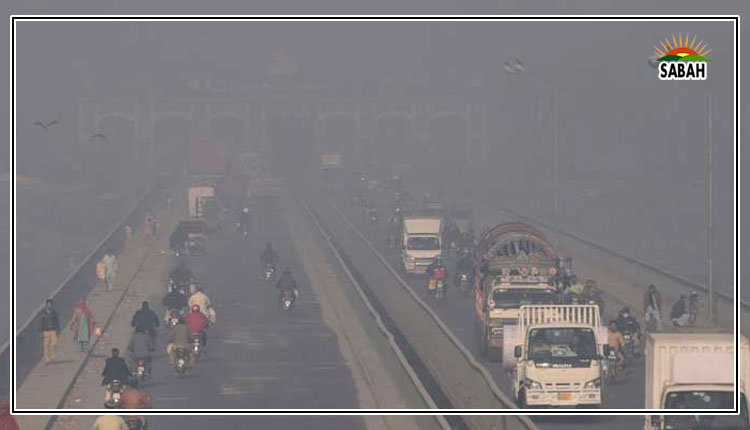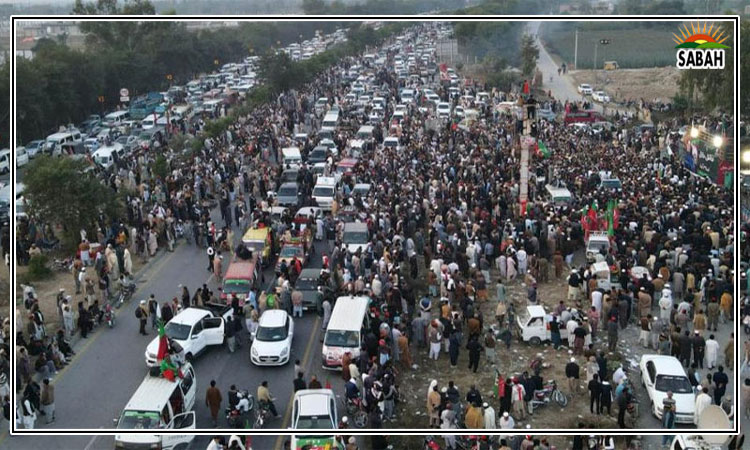Social media blackouts…Jeff Paine
Pakistan has long touted its ambitions to improve its citizens quality of life and economic wellbeing through digital transformation. This includes initiatives such as Digital Pakistan, or the more recent emphasis by the Special Investment Facilitation Council (SIFC) to boost the digital economy.
These measures are anchored on the creation of a digital infrastructure and institutional frameworks to drive mass adoption of technologies and innovative applications to empower socioeconomic development.
There is a significant economic prize if these plans mature. It is estimated that the countrys digital transformation could create an annual economic value of up to Rs9.7 trillion (equivalent to about 19 per cent of Pakistans 2020 GDP), with sectors such as agriculture and food, consumer, retail and hospitality, and education and training being the biggest beneficiaries.
To get to that prize, Pakistan has considerable challenges to overcome, including the increasingly frequent and prolonged periods of internet throttling.
According to Surfsharks 2023 report, Pakistan ranks as the third worst country for internet disruptions. A resilient digital economy cannot be built on the back of recurring internet disruptions. The uncertainties and instability that accompany these repeated outages have not only harmed the business environment in Pakistan and its attractiveness as an investment destination for technology companies but have also caused significant economic loss for businesses and people.
A study conducted by the Pakistan Institute of Development Economics (PIDE) shows that closures of 3G/4G internet services in the country cause businesses and individuals a direct economic loss of Rs1.3 billion per day.
Internet throttling makes it difficult for international technology companies to continue their existing operations in Pakistan. What makes the recent outages more concerning is that they seem to have targeted particular platforms. In a recent statement, the Pakistan Telecommunications Authority (PTA) attributed these disruptions to technical issues. From media reports, it appears that each of these technical disruptions, which happened over several weeks, coincided with the time of certain scheduled political events. The coincidence created suspicion within international partners, and the lack of transparency and clarity from the government has further compounded it.
Should technology companies need to re-evaluate their business or reduce their operations in Pakistan due to recurring internet disruptions, the impact will be felt not only by the countrys vibrant user base but also by the local businesses that power the growth of Pakistans digital economy.
The countrys reputation as a desirable destination for tech-focused international investment would also be diminished, reversing the benefits that have come from the various IT-related reforms the government has undertaken over the past few months to increase Pakistans digital exports.
These frequent internet disruptions can hinder the growth of the countrys digital economy, disrupt online services, and limit the potential of digital platforms. The government must prioritize addressing the recurring incidents of internet throttling and focus on enacting policies that will capture the immense opportunities from the digital economy to boost overall economic growth.
At the same time, the government must review existing policies that allow it broad control over the use of telecommunication networks, services, and infrastructure. These policies should be subject to checks and balances to avoid misuse of power.
An open internet is fundamental to the development of Pakistans growing digital economy and its ambitions to become an innovation and technology centre. The free flow of information and data spurs innovation, enables local businesses to grow domestically and internationally, and promotes the greater entry and participation of SMEs and entrepreneurs.
There needs to be a concerted effort from the government, policymakers, industry, and civil society to make Pakistans digital policy landscape consistent with its digital ambitions.
Courtesy The News












